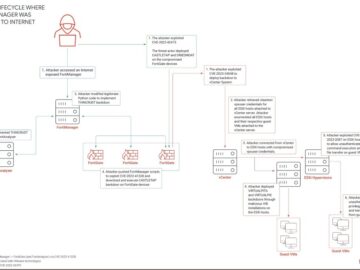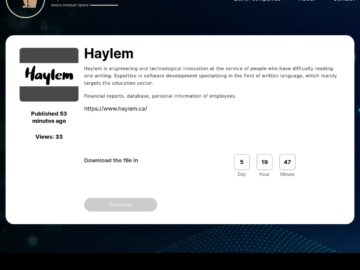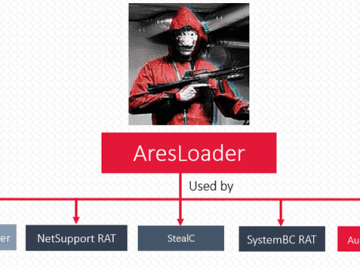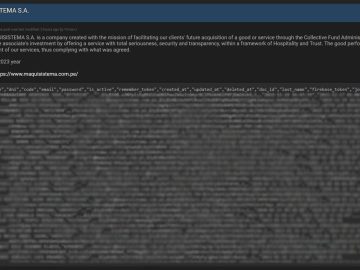The notorious LockBit ransomware group has declared Richmont Graduate University as its latest victim, marking an alarming trend of cyber threats directed toward educational institutions.
The extent of the breach, potential data compromise, and the motive behind this targeted Richmont Graduate University cyberattack remain undisclosed at this time.
Richmont Graduate University Cyberattack: More Details Unveiled
The Cyber Express Team has initiated contact with university officials to verify the Richmont Graduate University cyberattack claim, yet an official response is still pending.
The authenticity of LockBit’s claim is under scrutiny as, upon accessing the official website, it was found to be fully operational at the time of compiling this report. This raises suspicions about the veracity of the ransomware group’s assertion about Richmont Graduate University cyberattack.
Questions linger: Is this a mere attention-seeking tactic, or does LockBit harbor ulterior motives behind its claim? Answers to these pressing questions can only be obtained through an official release statement from the university.

Educational Institutions in the Crosshairs: A Disturbing Trend
This incident follows a disturbing trend of educational institutions falling prey to cyberattacks. Earlier this month, the University of Wollongong admitted to being the latest victim of a data breach. University officials confirmed the breach, stating that both staff and students are potentially affected.
The exact scope of the breach and the number of individuals impacted remain undisclosed. The institution assured the public that measures were being taken to contain the incident, emphasizing that the breach had been detected and contained.
In November, Stanford University faced a cybersecurity incident, attributed to the Akira ransomware group. Fortunately, the investigation found no evidence of the attack affecting other parts of the university. Similarly, in September, the Monti ransomware group targeted the Auckland University of Technology, leaving motives unclear.
This wave of cyber threats against educational institutions is not a recent phenomenon. In June, Manchester University grappled with threatening emails sent to staff and students, pushing the institution to contemplate paying a ransom.
Reports from the BBC revealed that, following the Manchester University data breach, hackers are adopting a strategy known as “triple extortion,” involving unauthorized access to university systems.
The rising threat landscape facing educational institutions prompts the crucial question: Why are these entities increasingly becoming targets of cyberattacks? As universities globally grapple with securing their digital infrastructure, the need for vigorous cybersecurity measures becomes more imperative than ever to safeguard sensitive information and protect the academic community from the growing menace of ransomware groups.
Media Disclaimer: This report is based on internal and external research obtained through various means. The information provided is for reference purposes only, and users bear full responsibility for their reliance on it. The Cyber Express assumes no liability for the accuracy or consequences of using this information.




